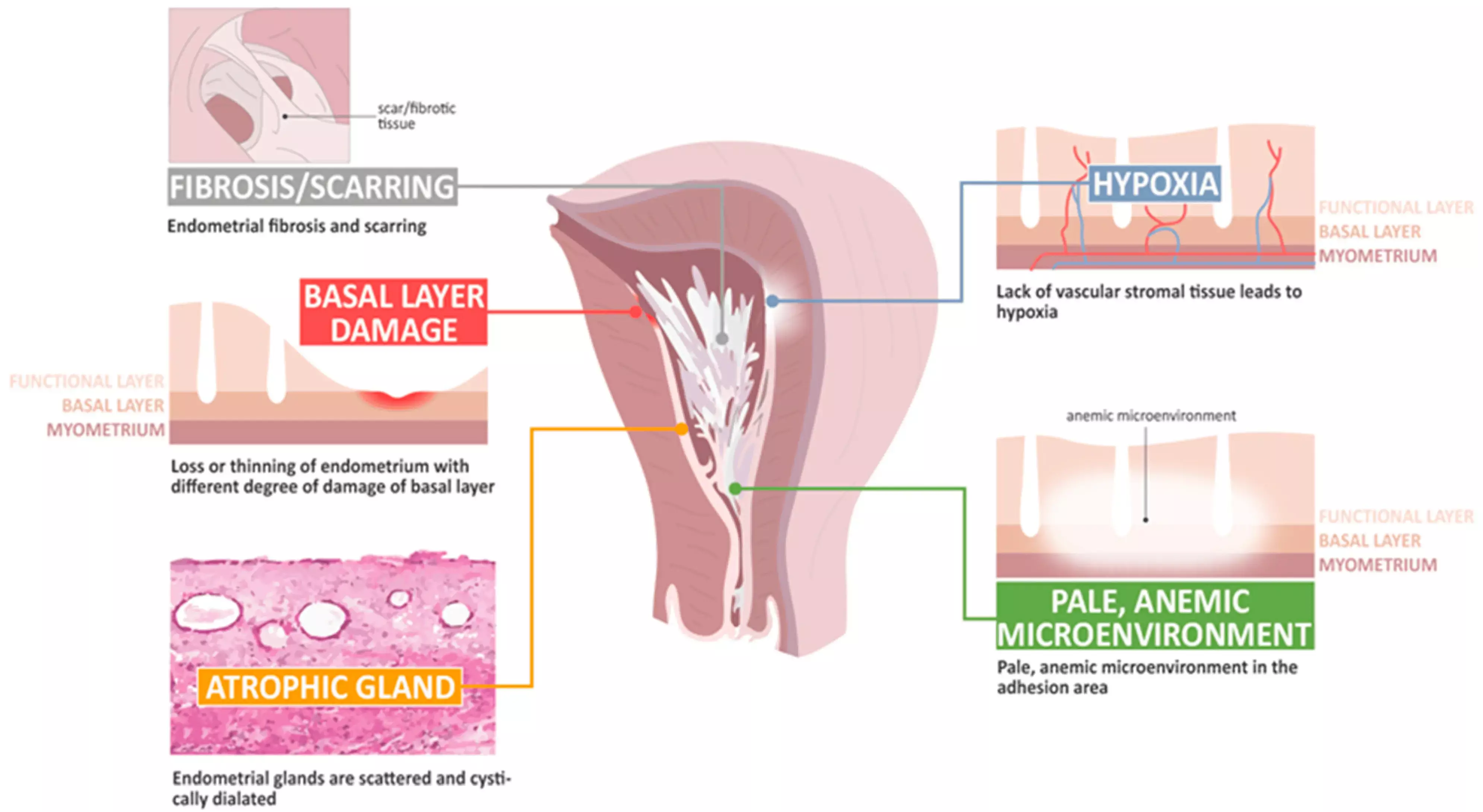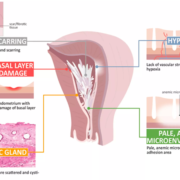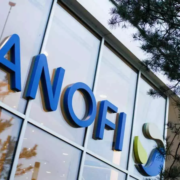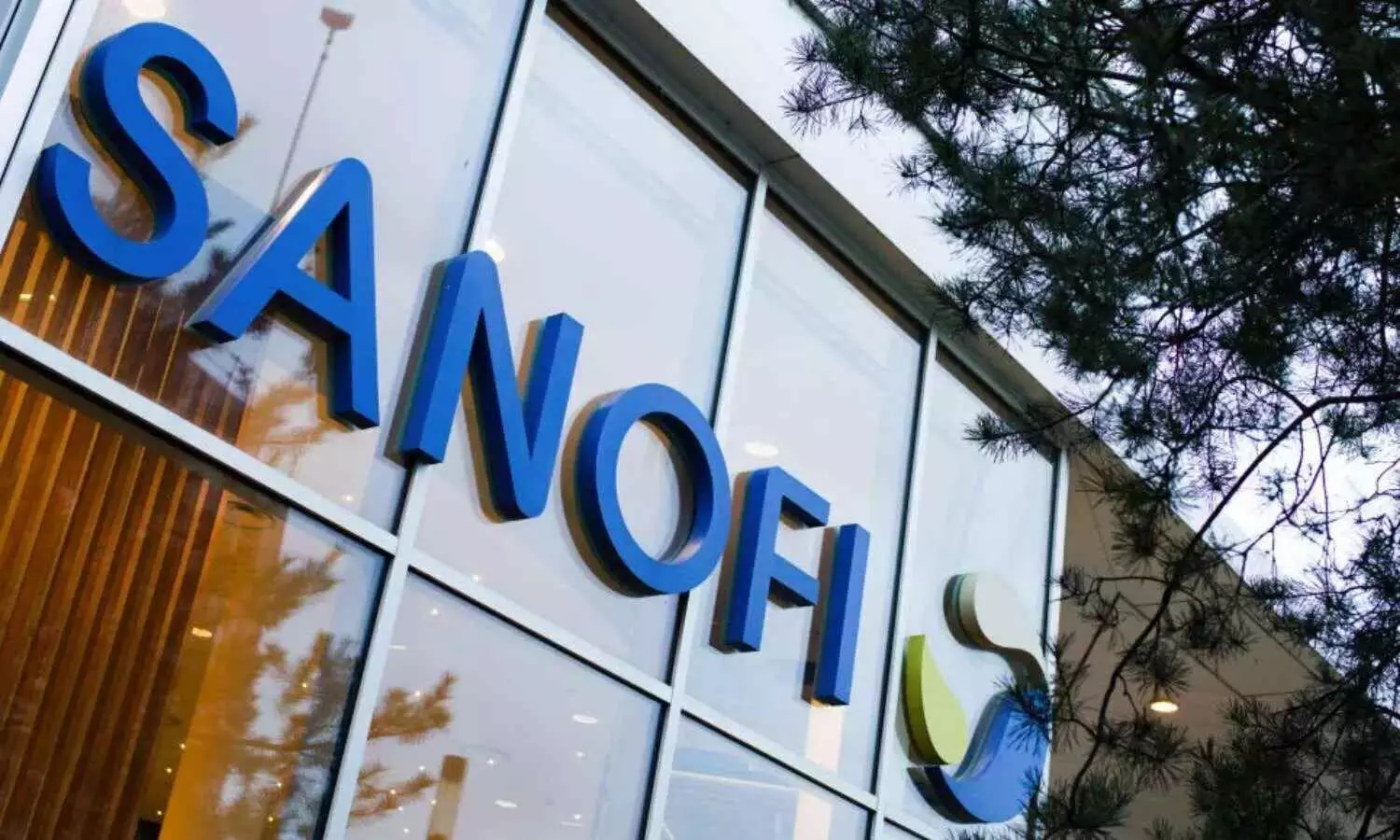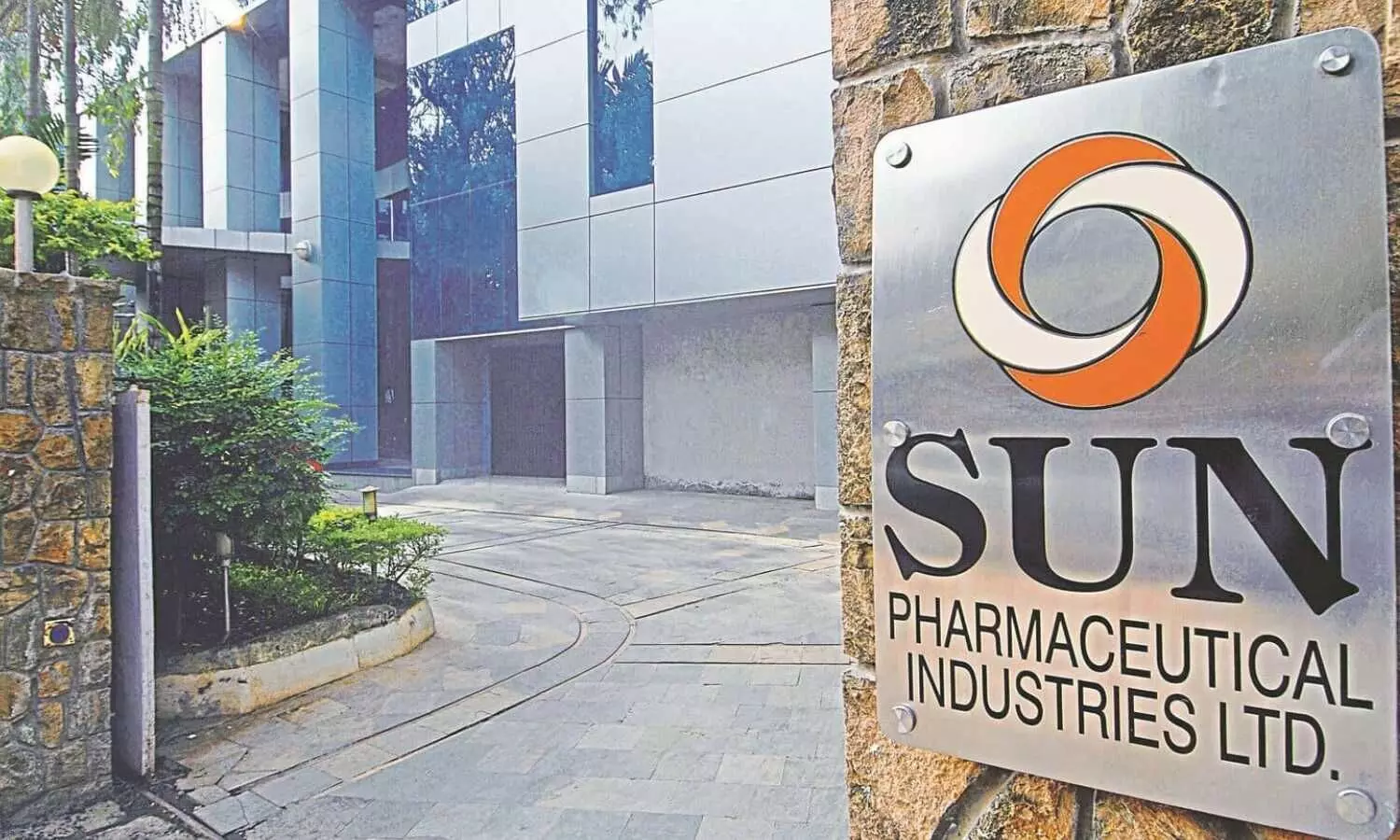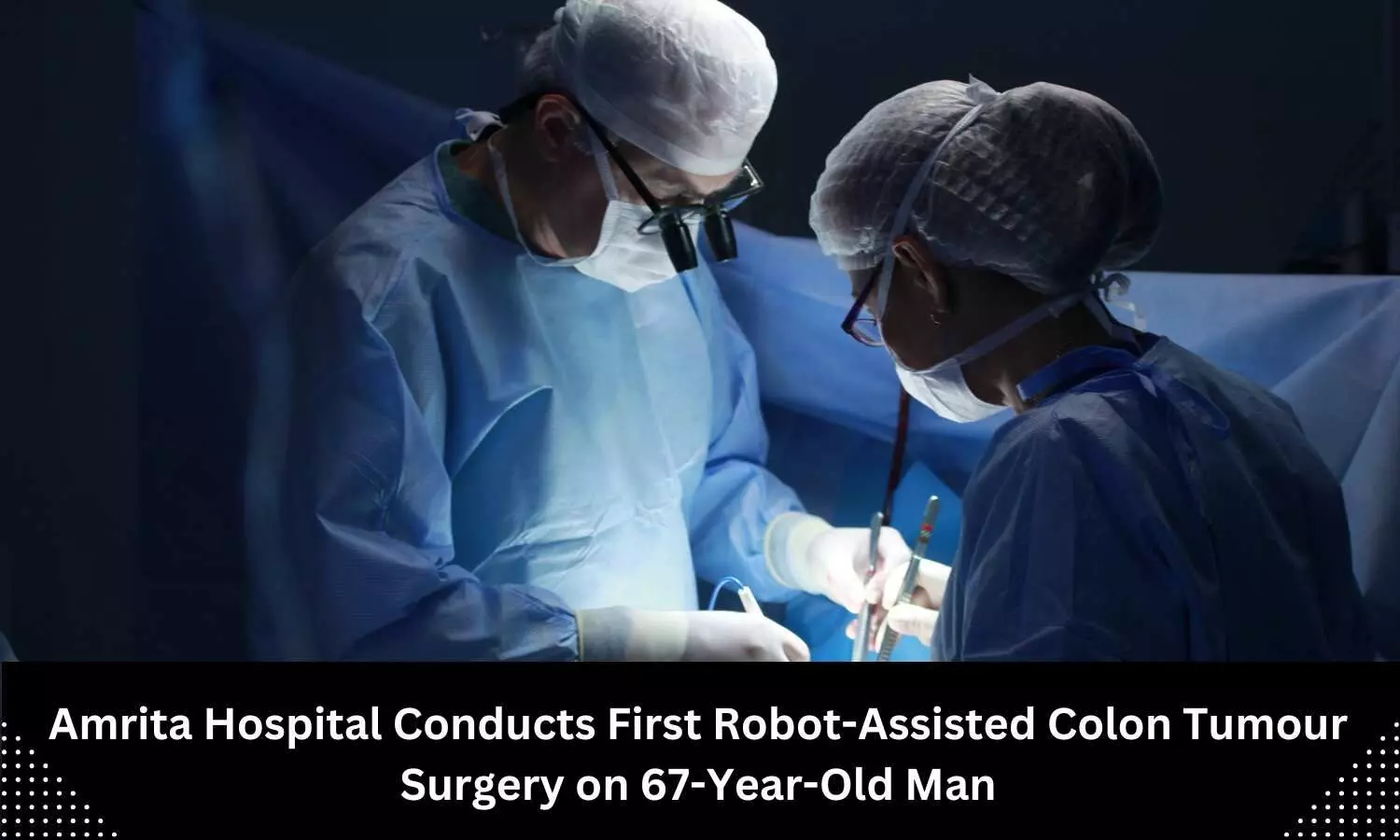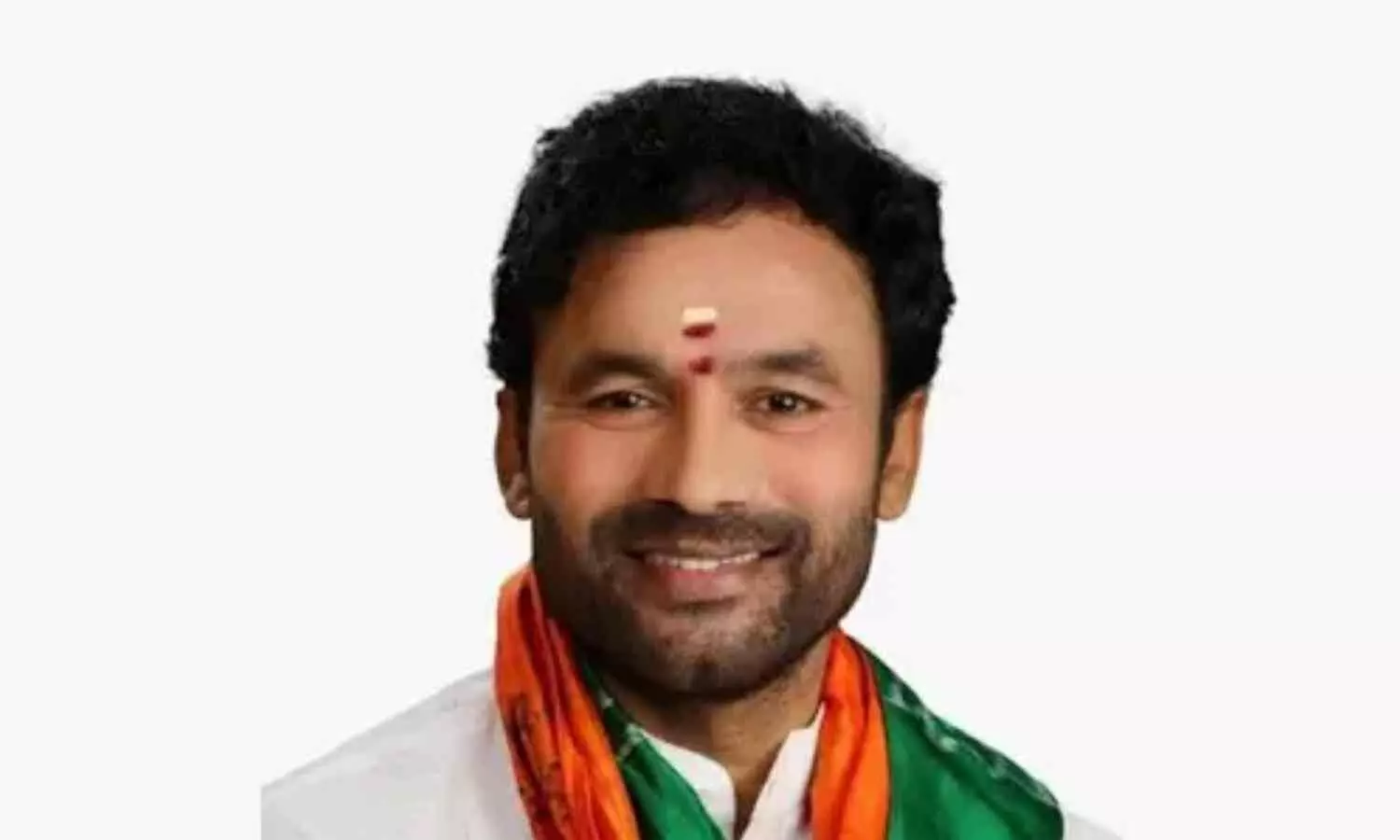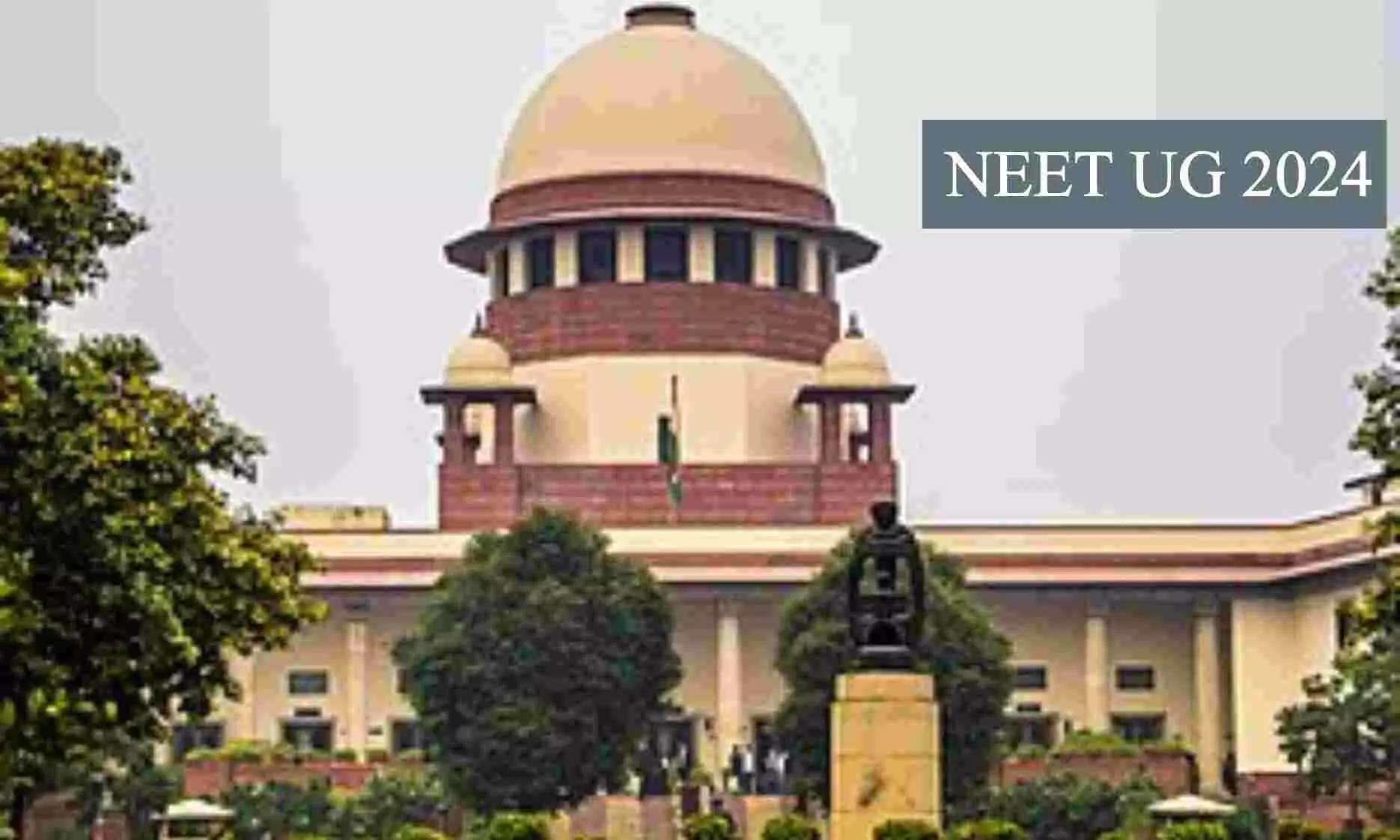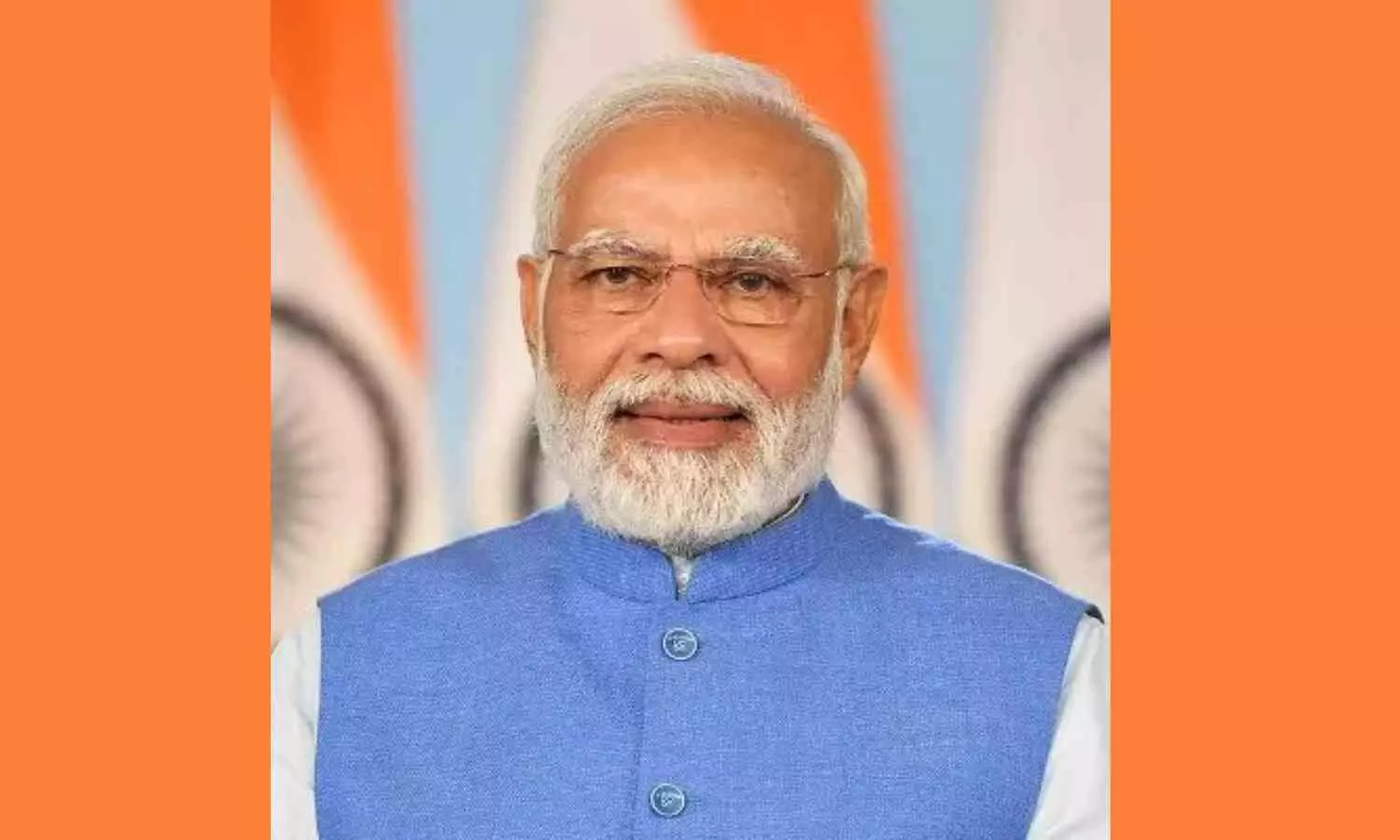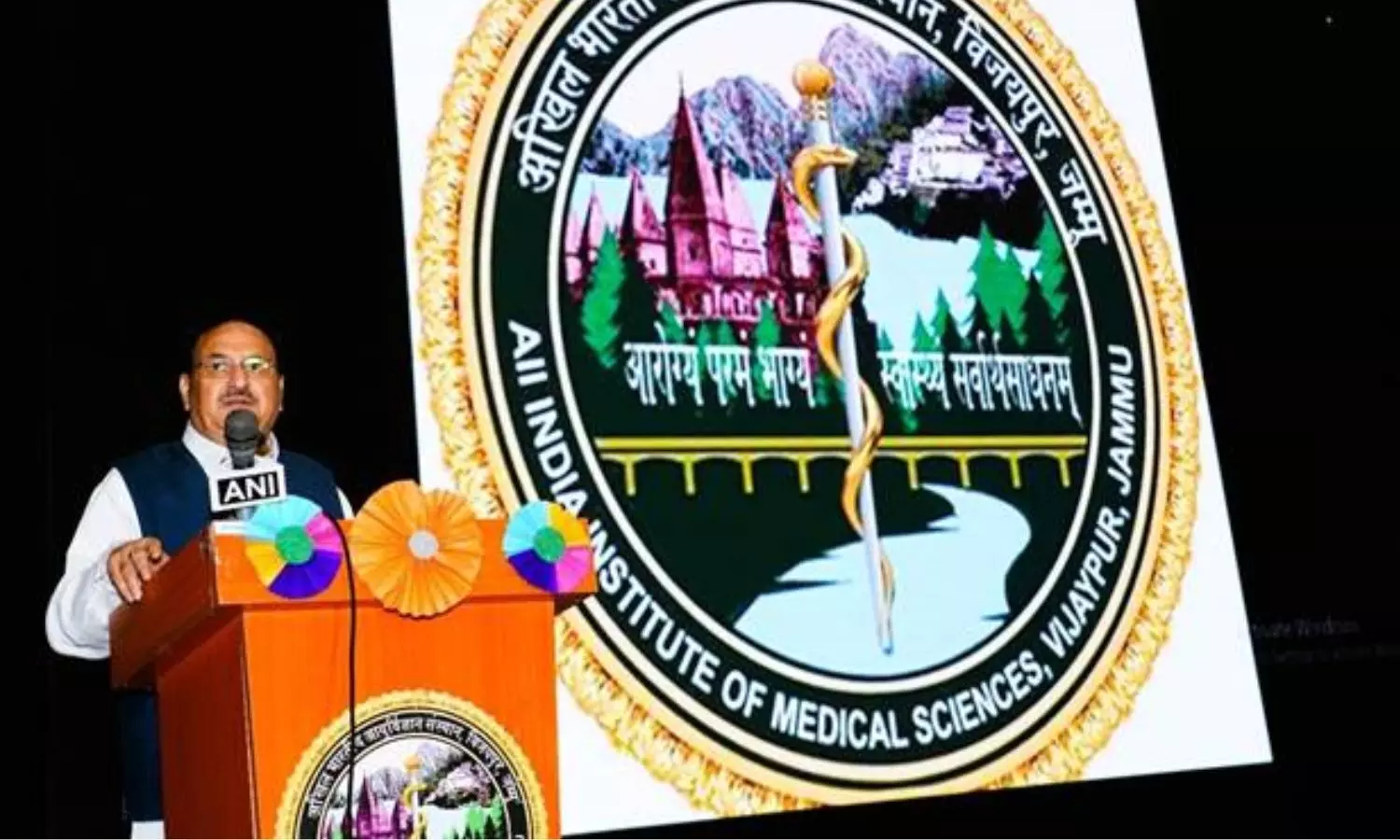Further, observing that cancelling the entire exam might affect 24 lakh students who appeared in the exam, the Apex Court bench comprising the CJI has asked the National Testing Agency and the Union Government to identify the red flags and to find out whether the paper leak took place at a systemic level and if the beneficiaries or the likely beneficiaries of the paper leak could be identified.
“The fact that there was a leakage of question papers cannot be disputed. Now, what is the consequence of that leak would depend on the nature of that leak,” observed the Chief Justice.
“You don’t cancel an examination merely because two students have committed a malpractice … Before we order a retest, we must be careful – what is the nature of that leak? We are dealing with careers of 23 lakh students. Asking 23 lakhs students to re-appear for an examination, together with the preparation, cost, travel, and dislocation of admission schedules …” the CJI further observed.
“What is the modality in which the leak took place? If the modality of the leak is through electronic means and social media, then there is a possibility that the leak is widespread,” the Chief Justice further added.
Asking the Union Government and the National Testing Agency (NTA) to respond to some specific queries by Wednesday, the Apex Court bench posted the matter for further hearing on Thursday i.e. July 11, 2024.
NTA has been asked to clarify when the leak took place, the manner in which the question papers were disseminated, time duration between the leak and the exam may on 5th May etc. The Court has also sought to know from the Agency regarding the steps taken to identify the beneficiaries of the leak, the steps taken by NTA to identify the centres/cities where the leaks took place and the modalities followed to identify the beneficiaries and also how the leak was disseminated.
Apart from this, the Apex Court bench has also asked the Central Bureau of Investigation, which is currently probing the allegations of the paper leak in the undergraduate medical entrance exam, to file a status report by Wednesday.
Further, the Court advised the Government to set up a multi-disciplinary committee to ensure measures to put a stop to any paper leak instances in the future. In case, such a committee has already been created, the Apex Court bench sought to know the details of the same.
“It would be necessary for the government to set up a multi disciplinary team of renowned experts to ensure due measures are taken to obviate any further breach in NEET. The constitution of the committee shall be informed to the Court and the Court shall decide if the committee shall go ahead or would someone be needed to ensure people from a diverse pool of domain expertise and data analytics,” the Court noted.
Also taking note of the multiple number of pleas filed in this connection and the huge number of lawyers appearing for those pleas, the Supreme Court bench has asked all the counsels for the petitioners seeking a retest of the NEET UG 2024 exam to submit a consolidated document not exceeding 10 pages.
What Happened at the Hearing Today?
When the NEET-related issues came up for hearing before the Supreme Court today i.e. on 8th July 2024, Gujarat-based students submitted their plea of opposing any petitions for cancelling NEET.
The bench observed that they would consider the pleas first asking for a retest because they were challenging the entirety of the test. “After hearing them, we will hear the NTA and the Govt,” the bench observed.
Meanwhile, a counsel appearing for the NEET aspirants from Meghalaya submitted that the petitioners concerned were given the papers for 40 minutes. Despite this, they were allegedly not on the list of 1563 students who were given the opportunity for a retest. However, the Government denied such allegations.
“We will start at 2’o clock. We will hear counsels for the petitioners. Then we will hear individuals who have slightly different nuanced positions. We will hear everybody. There is no difficulty,” the bench mentioned, adding that it would consider the pleas of those who challenged the entirety of the examination and demanded a retest, because that is the “broadest argument”.
When the pleas seeking NEET retest came up for hearing at 2.00 PM, the counsel for the petitioners referred to the arrests made by the Bihar police for leaking the question papers through the Telegram app. Further, the counsel highlighted that 67 NEET candidates received full marks in the exam.
The counsel for the petitioners argued that if faults were found at a systemic level and if it was impossible segregating the wrongdoers from those who were innocents, the entire exam had to be set aside.
He further submitted that as per Bihar police, NTA did not follow standard SOP, indicating a systemic fault and a large-scale fraud. The counsel also referred to the NTA’s statement saying that it was unsure whether the fault was at a systemic level. At this outset, the counsel further referred to the NTA’s claim that the fraud was at a “minuscule” level and highlighted the contradictory stands of the agency.
Stressing on the claim of a large scape paper leak and irregularities in the NEET UG 2024 exam, the counsel for the petitioners submitted before the Supreme Court that there were 6 FIRs registered in Bihar, Delhi, Rajasthan, Gujarat, Maharashtra and Jharkhand in relation to the NEET scam.
When the Apex Court bench expressed doubts that whether the alleged paper leak affected the entire exam across the country, the counsel for the petitioners replied that the question papers were being circulated in the Telegram channel on May 3rd and 4th, ahead of the exam held on 5th May, 2024.
At this outset, the bench asked the National Testing Agency regarding the number of candidates appearing in the exam, the number of exam centres, and the manner in which the question papers were sent to the centres.
Responding to these queries, the counsel for NTA submitted that 23,33,297 students appeared in the exam in more than 4751 centres in 571 cities. The bench also took note of the fact that several centres were situated abroad. Thereafter the bench further questioned the NTA regarding how the question papers were prepared, sought to know the time when the papers were sent to the printing presses and further process of how the papers were taken to the exam centres etc.
“Why we are asking – if we come to the conclusion that the time lag between the leak and the actual date of the examination is relatively limited, then that would be a circumstance which would militate against holding a retest. If that time lag between the leak and the exam is wider, then there is a greater chance there are malaises across the system. If it appears that the question papers were leaked on the morning of the 5th (May) – exam was scheduled at 2 o clock, students were made to memorise – that may be indication that the leak was not as widespread,” observed the CJI.
Observing that there was no doubt that a leak had taken place, the bench clarified that a retest had to be ordered if the sanctity of the exam had been lost, if it was impossible to identify the wrongdoers. “If you can’t distinguish the grain from the chaff, the tainted from the untainted, then a re-test has to be ordered,” the CJI observed.
On the other hand, the bench highlighted that the decision affects the future of 23 lakh students and observed that it was necessary to ascertain the modality of the leak. For instance, it noted that if the leak was through the social media, then there was the possibility that the leak was extremely wide.
Asking the authorities to identify the red flags, the CJI referred to some examples of red flags such as securing full marks i.e. 720 marks in the exam. However, it observed that not everyone who scored 720 must be a fraudster and noted that there might still be people who are extraordinarily bright in that 720/720.
“But we found, for the previous years, the proportion is very low. This suddenly goes up to 67. How many of those 720 are from that 1563 candidates who were beneficiaries of grace marks?” questioned the bench.
Another red flag that the Supreme Court bench highlighted was the instances of students registered at one centre and who changed their exam centre to appear in the exam at a far-off place and secured high marks.
According to the Apex Court bench, students securing exceptionally high marks in NEET and scoring low in their 12th exams was also a red flag. However, at this outset, the bench acknowledged the fact that the students study harder for NEET. It also identified the instances of students getting high marks in one subject and abysmally low in another subject as a red flag.
“One thing which is very clear is that the leak has taken place. That the sanctity of the exam has been breached is beyond doubt. The question is how widespread is the leak,” observed the bench.
At this outset, the counsel for the Union Government denied the allegations of leak and submitted that the matter was being investigated. He further relied on a clarification issued by the Bihar police, stating that they had not issued any press note, which was cited by the petitioners.
Taking note of this submission, the CJI questioned, “Is it case of NTA today that there is no leak? We take it that there is a leak, there is no question about it. But the nature of the leak is what we are determining. The fact that there was a leakage of question papers cannot be disputed. Now, what is the consequence of that leak would depend on the nature of that leak.”
However, the bench observed that it could not cancer the exam merely because two students had committed a malpractice. It highlighted the need to be careful to ascertain the nature of the leak noting that the decision would affect 23 lakh candidates.
So, before taking any such decisions, the bench sought to know the nature of the FIRs, how the leak happened, what was the point of time when the leak took place, how it disseminated etc.
“These are important questions. And next, very important – what are the actions which the government of India and NTA had taken to identify the wrong-doings and who are the beneficiaries of the wrong doings?” noted the CJI.
The bench also sought to know how many students whose results were withheld across India as a result of the leak that took place and where are such students located.
“One more thing I want to ask. With the kind of technology we have today at our disposal and the government of India has its cyber forensic unit, is it not possible for us to run, with use of experts, to bring some sort of confidence to the process? That you carry out a detailed data analytics exercise to see if there are suspicious markers? We have to identify what the suspicious markers are. I just want to say one thing. Let us not be in self-denial. Self-denial is only adding to the problem,” added the CJI.
Observing that there should be a multi-disciplinary committee from experts across the country to ensure that that such instances of paper leak would not happen in the future.
“What are we doing to ensure that this will not happen in future and how are we are planning to tighten the exam process. Is there an audit being conducted by government on what went wrong? That is the third aspect. The second aspect, assuming that we are not going to cancel the entire exam, what do we do between today and the date of admissions to identify who are beneficiaries of the fraud. And first aspect, do we cancel the exam or do we allow the counselling to go through by identifying the beneficiaries. On this first aspect we would like to know from the government on identifying who are the beneficiaries of the wrong doing?” the bench observed.
What did the Court order?
On the issue of re-test, the bench ordered, “Whether retest should be there or not is based on settled parameters – the court has to see whether (1) alleged breach took place at the systemic level (2) whether the breach is of a nature which affects integrity of the entire exam process and (3) whether it is possible to segregate the beneficiaries of the fraud from the untainted students. In a situation where breach of sanctity affects entirety of exam and if segregation is not possible then retest is needed. But if beneficiaries are identified then retest wont be needed which involves students on such a large scale.”
Asking NTA to make a full disclosure, the Court asked the agency to clarify on the following issues:
1. When did the leak first took place?
2. The manner in which the question papers leaked were disseminated
3. The duration of time between the leak and the exam held on May 5th.
The agency was also directed to inform the court about the- steps taken by NTA to identify centres/cities in which the leak took place, modalities followed to identify the beneficiaries of the leak, the number of students who have been so far identified.
Apart from this, the Apex Court also asked the Union Government and NTA to inform if it was possible to use the data analytics, either within the cyber forensic unit or any other expert agency to identify the likely wrongdoers. If it could be done, the bench asked the authorities to identify the modalties that could be followed for segregating the tainted from the untainted.
Further, the bench asked the authorities to inform about the status of the counselling and asked the CBI to file a status report before the court on the status of the investigation as of today and material which has come to light.
